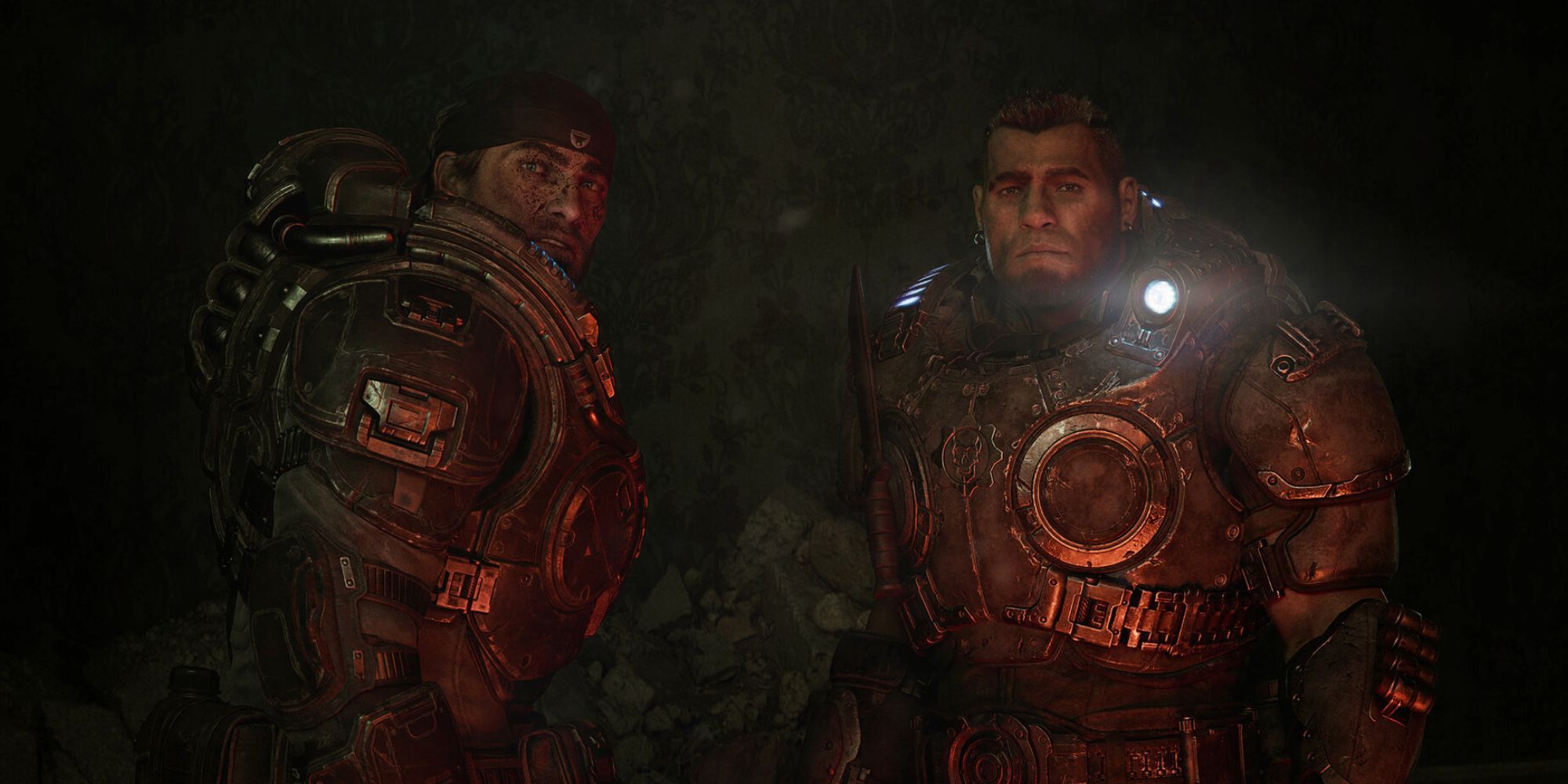A common issue many parents struggle with is bedwetting by children. Also known as nocturnal enuresis, this condition is seen in kids from ages three to 12 and even into their early teens. Often, these children are casually labeled with mild ADHD or behavioural issues.
Bedwetting has various potential triggers, including delayed bladder maturation, stress, hormonal imbalances, and obstructive sleep apnea caused by enlarged tonsils or adenoids.
Obstructive sleep apnea, characterised by repeated pauses in breathing during sleep, can fragment sleep and reduce its quality, inadvertently causing bedwetting. It can also stem from deep emotional issues. Despite providing a safe home, clean food, and education, some children experience emotional insecurity, either at home or outside, such as being bullied at school or work. This can lead to low self-worth, addiction, anger, and mental and emotional scarring in children.
Don’t shame your child
To handle bedwetting, the first rule is never to make your child feel bad about it. Shaming or comparing them to others is counterproductive. If the issue isn’t medical, such as a weak bladder or urinary infection, it is often due to conscious or unconscious fears. Children can pick up fears from various sources like home conversations, school, media, and social interactions.
These fears can surface subconsciously at night, leading to bedwetting. Effective communication is crucial. Create a safe space for children to express their feelings without fear of judgment. Sit down with them, diagnose the root cause, and observe their emotions. Encourage them to express their fears, reinforcing that it is not a sign of weakness.






